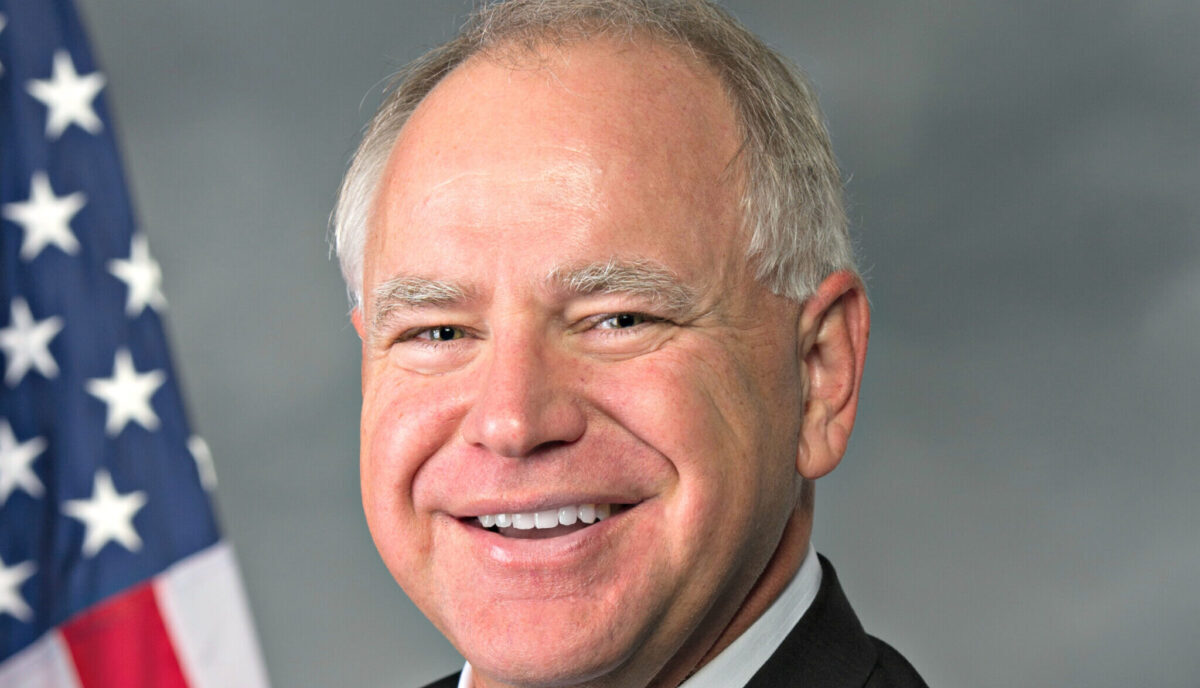Harris refuses to reveal stance on CA anti-crime ballot proposition
A key criticism of Kamala Harris' presidential campaign to date has been her failure to articulate clear positions on the most critical issues facing the electorate, and her actions over the weekend have only served to underscore what could be a politically fatal flaw.
As the Washington Examiner reports, Harris declined on Saturday to reveal how she voted on California's Proposition 36, a tough-on-crime ballot measure, leaving critics to wonder whether she is hewing to her reputation as a progressive or if she is moving to the center, with the overall uncertainty adding up to a win for Donald Trump's campaign messaging.
Prop. 36 at issue
As KCRA reports, the ballot proposition on which Harris refused to opine is viewed by supporters as a key step in reversing the dramatic rise in crime experienced by Californians in recent years, particularly in cities such as San Francisco, where Harris once served as district attorney.
The measure would convert certain drug and theft-related crimes into felony offenses in hopes of deterring repeat offenses by fentanyl dealers and others.
Democrat Gov. Gavin Newsom worked to whittle away support for the measure by introducing bills designed to serve as leverage against the ballot proposition, though little progress was ultimately made in that endeavor.
Since then, Newsom has not formally campaigned against the measure, and it is expected to win approval by a significant margin.
Though his public statements have made his disdain for the proposition clear, Newsom said if it passes, “we absolutely will implement the will of the voters.”
Harris stays silent
As a voter whose official residence remains in California, Harris was questioned over the weekend about whether she supports or opposes the crime measure appearing on her ballot.
Though she did acknowledge that she already voted absentee, she declined to reveal any other details about her position on the much-discussed ballot proposition when asked about it by a journalist during a campaign stop in Michigan.
“So I have my ballot, it's on its way to California, and I'm going to trust the system that it will arrive there, and I am not going to talk about the vote on that, because, honestly, it's the Sunday before the election, and I don't intend to create an endorsement one way or another around it,” Harris said.
To many observers, Harris' unwillingness to take a stand on either side of the issue is part and parcel of her seemingly characteristic desire to simultaneously appease her party's progressive base, members of which oppose the measure, while also portraying herself as a tough-on-crime former prosecutor with greater appeal to centrist voters.
Playing to both sides
It is not just on Proposition 36 that Harris has attempted to have things both ways during the final days of her presidential campaign, as recent reporting suggests that she has released ads featuring two arguably opposing messages on the Israel-Palestinian conflict, catering to different sectors of the electorate.
As the New York Post noted, one of Harris' ads, targeting Jewish voters in Pennsylvania, included assurances from the VP that she will “always stand up for Israel's right to defend itself” but omitted references found in other ads that referenced “human suffering” in Gaza.
By contrast, the Harris campaign's spots designed for Michigan's Arab American demographic highlighted the “devastation” in Gaza, saying that the VP has “been working to end the suffering,” showcasing yet another example of the type of fence-straddling and weakness critics suggest could lead to the Democrat's electoral downfall on Tuesday.





